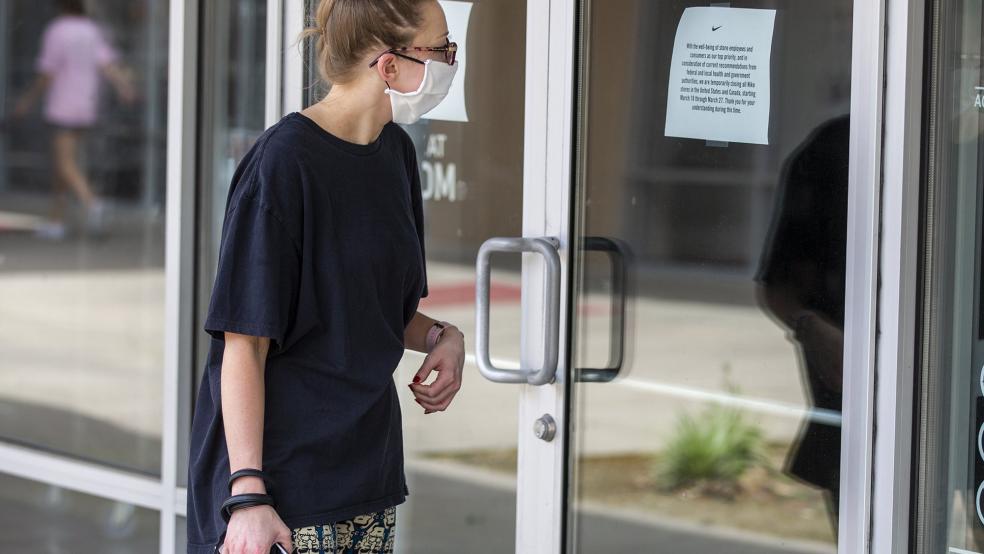The number of coronavirus-related deaths and the severity of the blow to the economy could vary widely depending on how the U.S. reopens in the coming weeks, according to a new analysis by researchers at the Penn Wharton Budget Model.
Taking into account measures of social distancing, GDP growth and changes in employment, researchers analyzed what would happen under three scenarios: status quo (states maintain all restrictions currently in place until June 30), partial reopening (lifting emergency declarations, stay-at-home orders and school closures), and full reopening (also lifting restrictions on the operation of businesses and restaurants). Here’s what they found:
* Status quo is estimated to result in around 117,000 total coronavirus-related deaths by the end of June. The economy would be about 11.6% smaller compared to a year ago, and roughly 18.6 million jobs would be lost in May and June.
* Partial reopening is projected to cause 45,000 additional deaths by the end of June, for a total of 162,000. The economy would be slightly larger than in the status quo case, but still smaller than the same period last year by 10.7%. Roughly 14 million jobs would be lost – about 4.4 million less than in the status quo.
* Full reopening would cause an additional 233,000 deaths by June 30 compared to the status quo, for a total of 350,000. The economy would be 1.5 percentage points larger relative to the status quo, and there would be almost no additional job losses over the next two months.
The researchers said the results of the analysis vary depending on individual behavior. For example, if people see the full reopening as a return to normal and cease all social distancing in their personal lives, total deaths would come to 950,000 by June 30. Job losses would turn into gains, with a net growth of 4.1 million jobs relative to the April 30 level.
“If states fully reopen, that could be the worst-case number, using currently available models,” Wharton professor Kent Smetters said.
A warning from Fauci: On Thursday evening, Dr. Anthony Fauci, director of the National Institutes of Allergy and Infectious Diseases and one of President Trump’s top health advisers, warned states and cities about opening too early, citing federal guidelines that call for waiting for a decrease in cases over a 14-day period, among other things. "There are some states, some cities ... kind of leapfrogging over the first checkpoint. And, I mean, obviously you could get away with that, but you are making a really significant risk," Fauci told CNN. "I hope they can actually handle any rebound that they see."
Try the Penn Wharton Budget Model coronavirus policy response simulator here.




